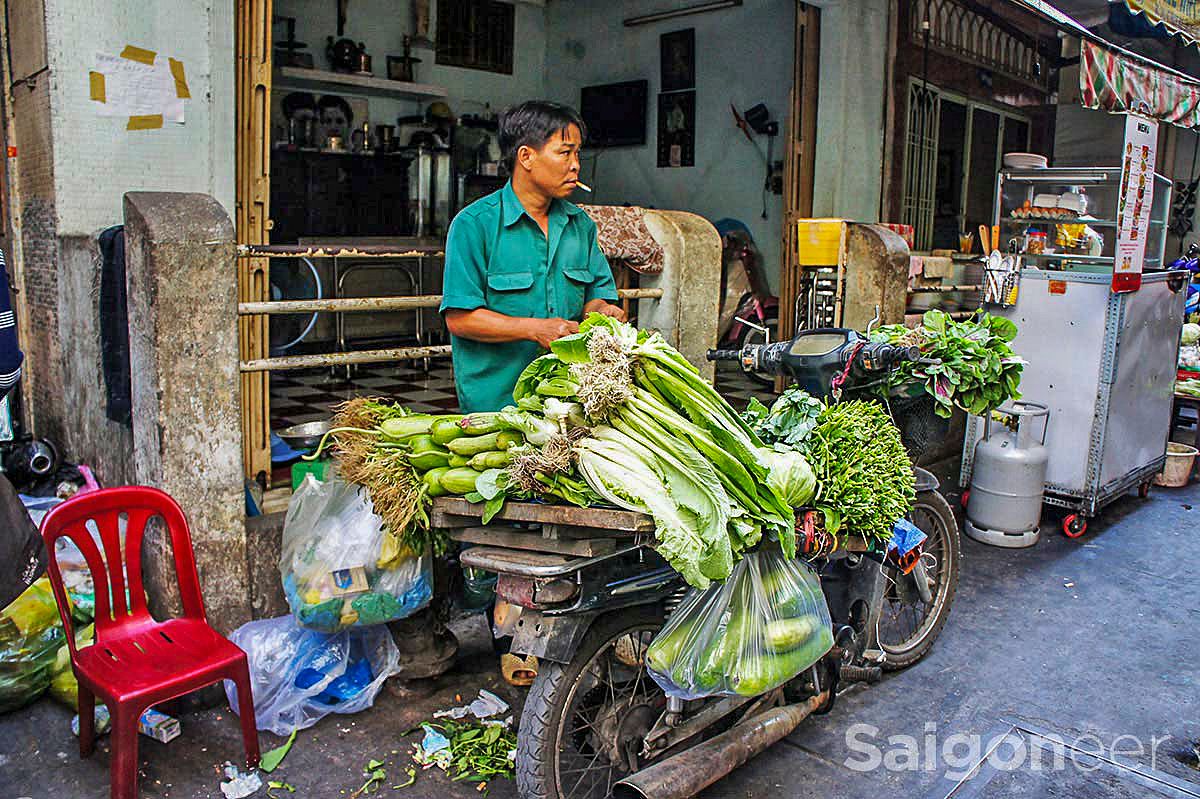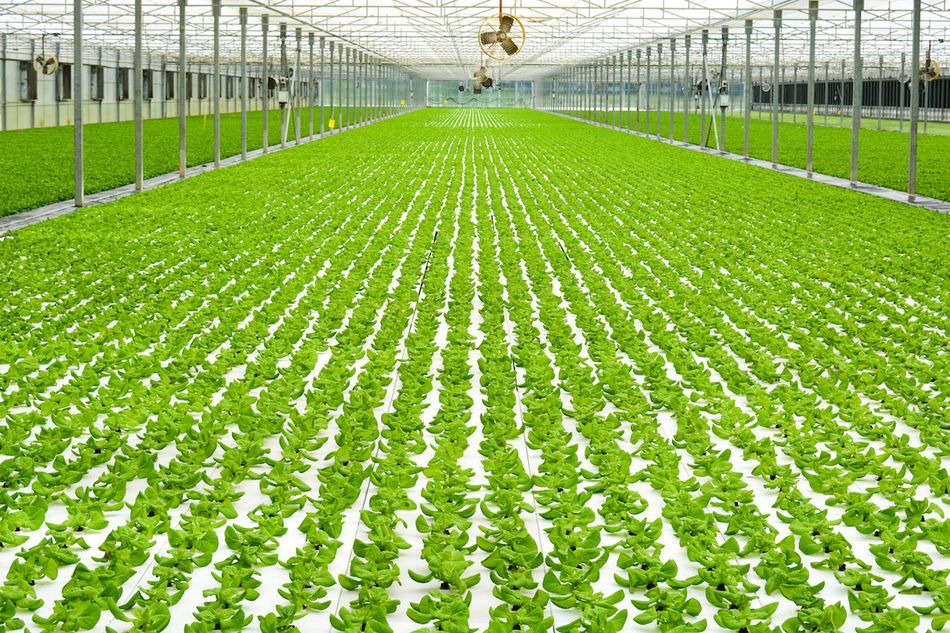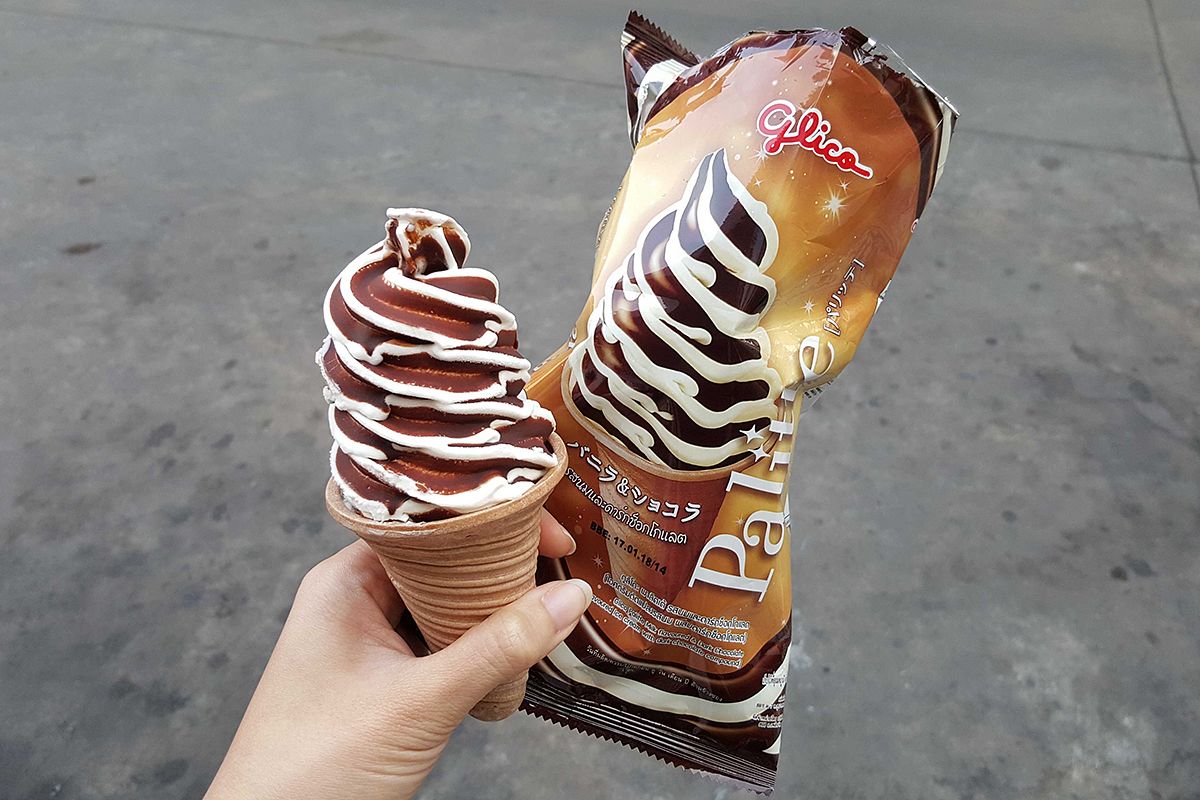Hanoi recently launched three mobile food testing labs in an effort to reassure consumers and promote food safety.
The high-tech vans paid a visit to local markets and restaurants earlier this month, reports VietnamNet, where they found several cases of unsafe meat and produce on their first trip.
The laboratories, jointly staffed by members of the Departments of Health, Agriculture and Rural Development, and Industry and Trade, are 80-85% accurate in their food safety results and can detect everything from antibiotics to pesticides to other hazardous chemicals. According to Agriculture Product Certification Center spokesman Le Duy Trung, it takes five minutes to one hour to test food samples for harmful substances and bacteria.
Deputy Chairman Nguyen Khac Hien of the Hanoi Food Safety Administration’s steering committee told the news source the mobile testing labs would help to dissuade vendors from selling unsafe meat and produce.
“Although the quick testing on the mobile vans only provides initial information, it serves as a warning about potentially unsafe food for consumers,” Hien told VietnamNet.
The deputy chairman continued: “All suspicious raw food samples will be banned for use or consumption until final results are received from authorized agencies."
In future, director of the Hanoi Food Safety Administration Tran Ngoc Tu aims to use the mobile testing units on a weekly basis, visiting local markets, restaurants and supermarkets for both surprise and scheduled tests. However in order to keep the three mobile testing units running, officials say public funds are required, as is continued staffing by qualified technicians from the city’s Department of Health.
The three testing units now in operation were paid for by Vingroup, which began selling greenhouse-grown produce in July at its Vinmart and Vinmart+ locations.
Another option for funding the project, VietnamNet reports, is to charge consumers a small fee for food safety testing at markets.
No plan has been announced yet for the continued use of the mobile food testing labs, however city officials hope to expand the scope of this testing beyond conventional markets and grocery stores to schools and hospitals in future.















